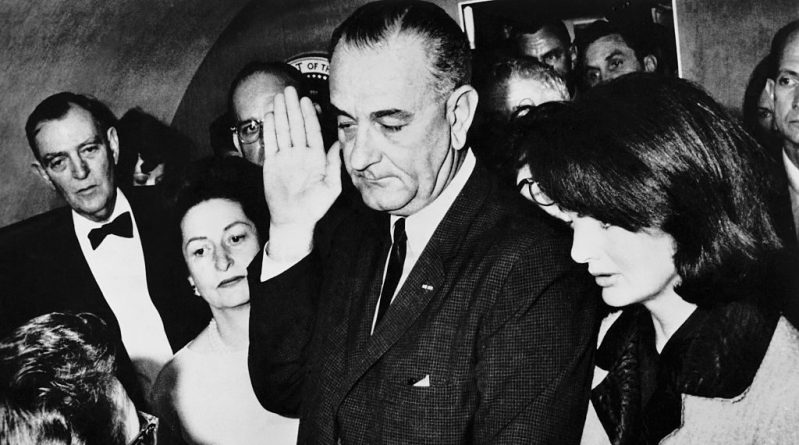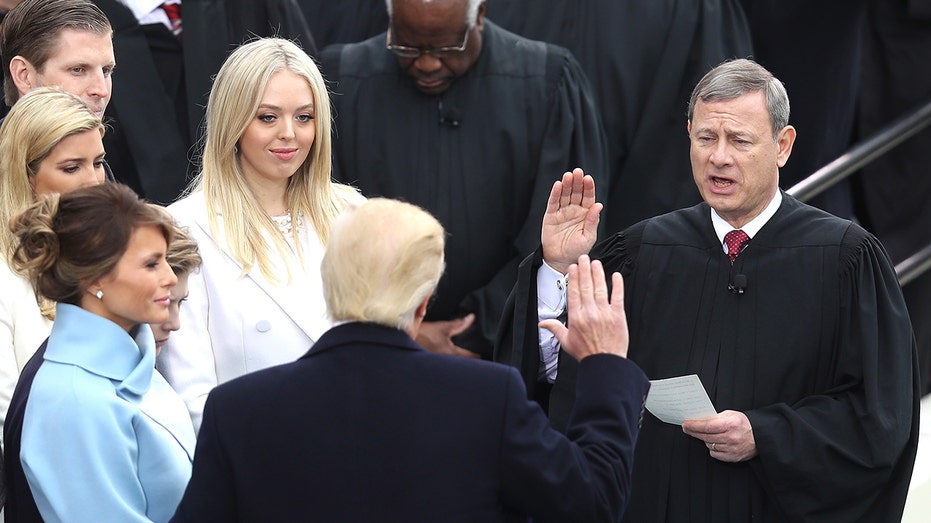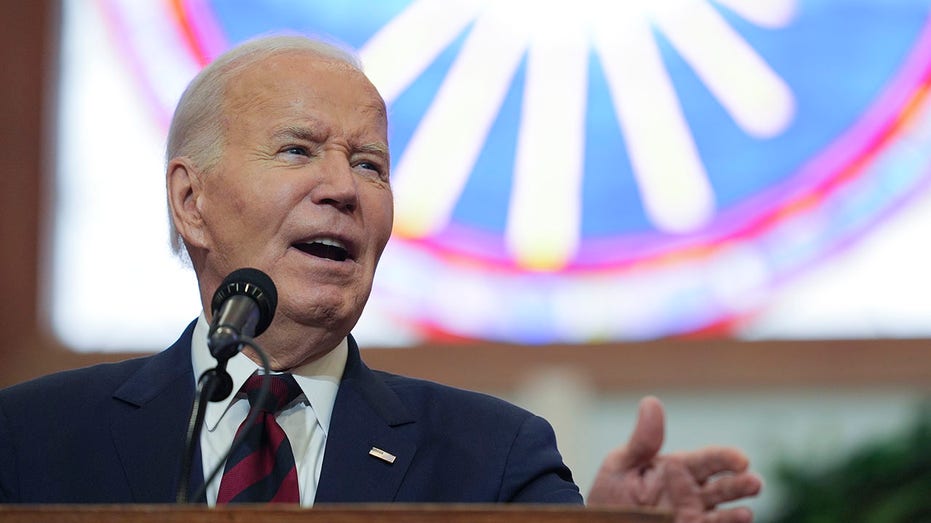(NEXSTAR) – For decades, Americans have gathered at the Capitol Building in Washington D.C. to watch the inauguration of the incoming president, but there are some noteworthy exceptions.
While the first and second inaugurations of President George Washington were held outside of Washington D.C., they were still held in the nation’s capital, which was in New York City in 1789, and, for Washington’s second inauguration in 1793, in Philadelphia.
The inauguration ceremony would move to Washington D.C. for Thomas Jefferson’s 1801 oath of office, according to the National Library of Congress, but circumstances in subsequent years would force the inauguration to happen on a plane, at a farm and at a personal residence.
Chester A. Arthur (1881)
After just 200 days in office — a presidency historians called “impactful,” if short — an “embittered attorney” passed over for a consular post shot President James A. Garfield at a Washington, D.C. railroad station.
Garfield would not survive his injuries, making his vice president, Chester A. Arthur, head of state.
On Sept. 20, 1881, then-Vice President Arthur took the oath of office at his home in New York City, with New York Supreme Court Judge John R. Brady administering the proceedings, according to official accounts.
The next day, he took his oath again, this time before a group of invited guests inside the vice president’s room at the U.S. Capitol, according to UC Santa Barbara’s “The American Presidency Project.”
Theodore Roosevelt (1901)
The assassination of President William McKinley led to an inauguration ceremony hastily arranged at a home in Buffalo, New York, according to the National Park Service.
McKinley was shot twice at point blank range while attending the Pan-American Exposition in Buffalo, New York, on Sept. 6, 1901, according to White House historians. He would die eight days later.
His vice president, Theodore Roosevelt, had been vacationing in New York’s Adirondack Mountains when he received news that McKinley was gravely wounded. Roosevelt rushed to Buffalo, but by the time he arrived McKinley had died.
Using a borrowed coat, pants, waistcoat, tie and leather shoes, Roosevelt decided to take the oath of office immediately so the country wouldn’t experience a gap in leadership, according to the Park Service.
“I was so shocked by the terrible news brought to me last night and by the calamity which it entailed upon the country, as well as by personal sorrow which I feel, that I have had no time to think of plans for the future conduct of the office, which has been so suddenly and sadly thrust upon me,” Roosevelt said, according to a newspaper account from The Richmond Dispatch.
The impromptu inauguration ceremony was held in the library of the house of Roosevelt’s friend, Ansley Wilcox. The home is now open to the public as the Theodore Roosevelt Inaugural National Historic Site.
Calvin Coolidge (1923)
The death of a sitting president brought about another unorthodox inauguration – this time in 1923 when Calvin Coolidge was sworn in using a family bible at the Vermont farmhouse in Plymouth Notch where he grew up.
Coolidge was ushered into office after President Warren G. Harding died of a heart attack in 1923 while in San Francisco, according to White House historians.
After learning at 2:30 a.m. on August 3, 1923, that he was president, Coolidge’s father, a notary public, had his son place his hand on the family Bible and swear the oath of office.
The birthplace and childhood home of President Coolidge have since been preserved as a Vermont State Historic Site.
Lyndon Johnson (1963)
Roughly two hours after President John F. Kennedy was assassinated while riding in a presidential motorcade in Dallas, Lyndon Johnson made history by becoming the only president to be inaugurated on an airplane.
Johnson took the oath of office in the forward cabin of Air Force One in Dallas, according to a Library of Congress blog post. District Judge Sarah T. Hughes administered the oath, the first time a woman had done so in U.S. history.
Photos show Johnson flanked by first lady Jacqueline Kennedy and his wife, Claudia “Lady Bird” Johnson as he pledged to “preserve, protect and defend The Constitution of the United States.”
Five days later, he would address Congress and invoke Kennedy’s vision for the country, calling for the passage of civil rights and tax legislation.
Fast forwarding to Monday, President-elect Trump’s inauguration ceremony is already making history. While the ceremony will happen at the Capitol, Trump announced that it will be held inside the Capitol Rotunda to shield people from the brutal cold forecast for that day. An indoor inauguration ceremony hasn’t happened since President Reagan’s in 1985, according to The Washington Post.






Leave a Reply